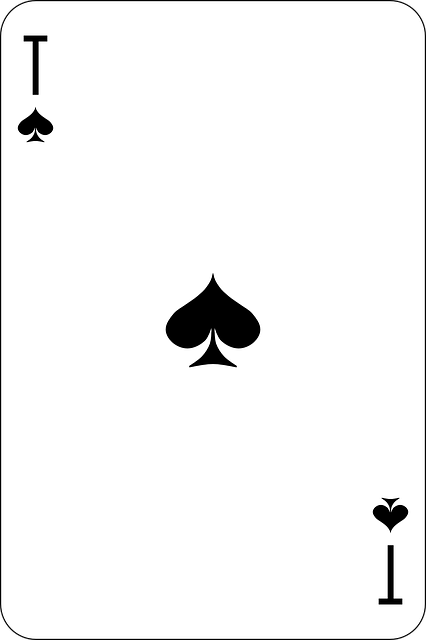The Gambling Laws EU represent a complex regulatory framework, balancing industry growth with consumer protection and organized crime prevention through varied national rules harmonized under overarching legislation. These laws cover licensing, age restrictions, responsible gambling, and taxation, accommodating both online and offline sectors while adapting to technological advancements. Despite a general EU framework, significant variations exist among member states due to cultural and historical factors, creating complexities for operators and players and complicating efforts at harmonization. The EU aims for unified regulations that streamline consumer protection, address problem gambling, and combat fraud, keeping up with innovative gaming trends while maintaining fair practices across the market.
Gambling laws in the European Union (EU) have evolved into a complex web of regulations, with each member state adopting its own approach. This article provides an in-depth overview of the current landscape, exploring the key features and variations among EU countries. We delve into the challenges faced by regulators and highlight recent developments shaping the future of gambling within the bloc. Understanding these dynamics is crucial for both industry players and policymakers navigating the diverse Gambling Laws EU.
- Overview of Gambling Regulation in the EU
- Key Features and Variations Among Member States
- Challenges and Recent Developments in EU Gambling Laws
Overview of Gambling Regulation in the EU

The Gambling Laws EU have evolved into a complex and multi-faceted regulatory environment, reflecting the diverse cultural and economic landscapes across member states. The European Union’s approach to gambling regulation is characterized by a delicate balance between fostering a robust gaming industry and protecting citizens from potential harms. Each country within the EU has its own set of rules and directives, but they are harmonized under the overarching legislation designed to ensure fair play, consumer protection, and organized crime prevention.
These laws cover various aspects, including licensing procedures for operators, age restrictions, responsible gambling practices, and the taxation of gaming activities. The aim is to create a transparent and regulated market while allowing for the growth of online and offline gambling sectors. With advancements in technology, the EU has continually adapted its regulations to address new challenges, such as cross-border gaming and the rise of digital platforms, ensuring that Gambling Laws EU remain relevant and effective in this dynamic industry.
Key Features and Variations Among Member States

The Gambling Laws EU vary significantly among member states, reflecting diverse cultural attitudes and historical contexts. While there is a general framework set by the European Union to regulate gambling activities, individual countries have considerable autonomy in shaping their specific laws. This results in a wide range of regulations, licensing requirements, and restrictions on games of chance, sports betting, and online gambling platforms.
Key features include differences in age restrictions, types of permitted gambling, licensing procedures, and tax policies. Some member states, like the UK and Malta, have relatively liberal regimes with low barriers to entry for both operators and players, while others, such as Germany and France, maintain stricter controls. These variations impact not just the availability of gambling services but also the overall gaming experience for EU citizens, underscoring the complexity of harmonizing Gambling Laws EU-wide.
Challenges and Recent Developments in EU Gambling Laws

The gambling industry within the European Union (EU) has faced its share of challenges when it comes to regulating online gaming, especially with the rapid advancements in technology and the global shift towards digital entertainment. One of the primary hurdles is ensuring consistent and effective Gambling Laws EU-wide while adapting to the evolving nature of online gambling platforms. The diverse legal frameworks across member states have led to inconsistencies, creating a complex environment for both operators and players.
Recent developments have seen efforts to streamline and harmonize these laws, with initiatives aimed at addressing consumer protection, preventing problem gambling, and combating fraud. The EU has recognized the need for a unified approach, leading to discussions on standardized regulations that can balance economic interests with public welfare. These changes are crucial in keeping up with innovative gaming trends while maintaining fair practices across the entire market.
The diverse landscape of gambling laws across the European Union reflects the delicate balance between fostering a robust gaming industry and protecting citizens. As the digital realm continues to shape the future of gambling, understanding these gambling laws EU is paramount for both regulators and participants. Despite variations in implementation, recent developments signal a growing emphasis on consumer protection, fair play, and responsible gaming, ensuring that the EU remains at the forefront of regulated online gaming.






